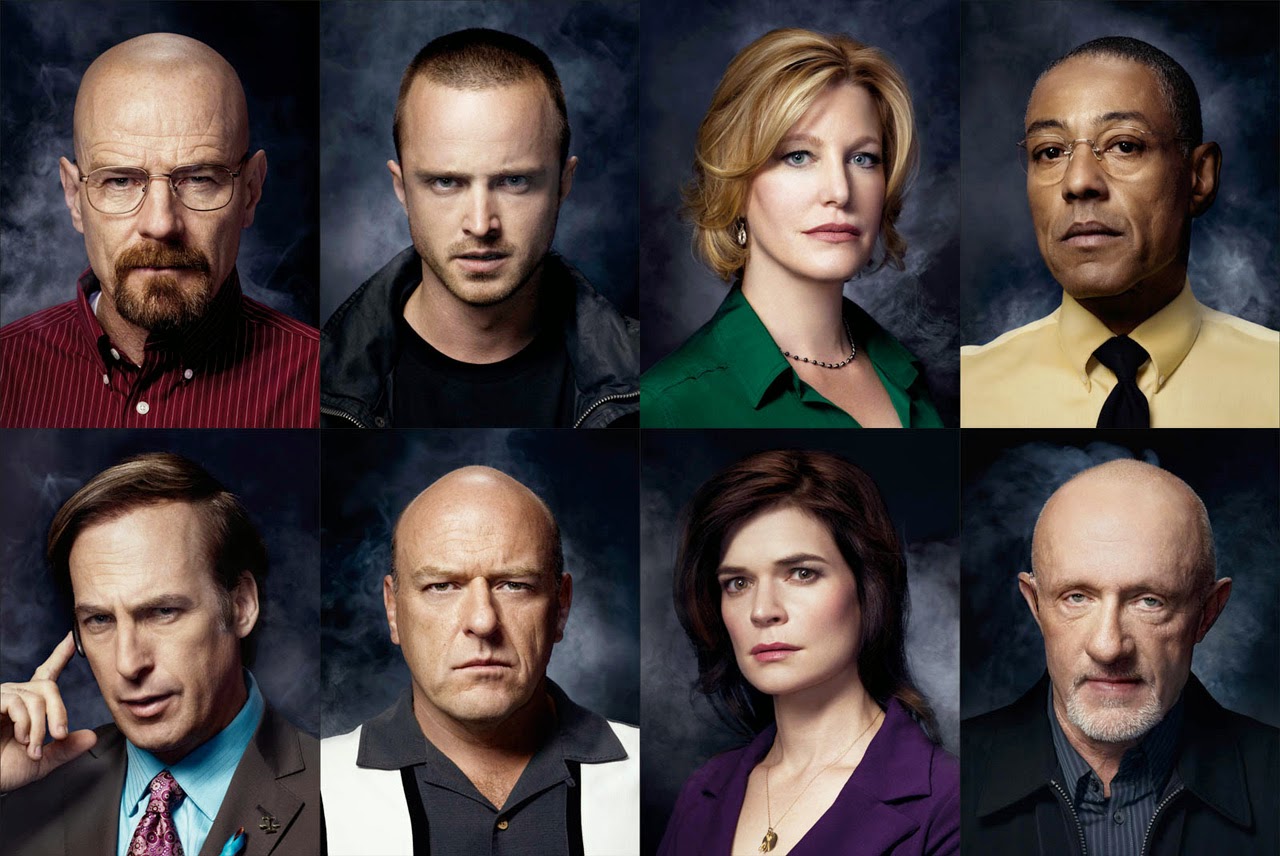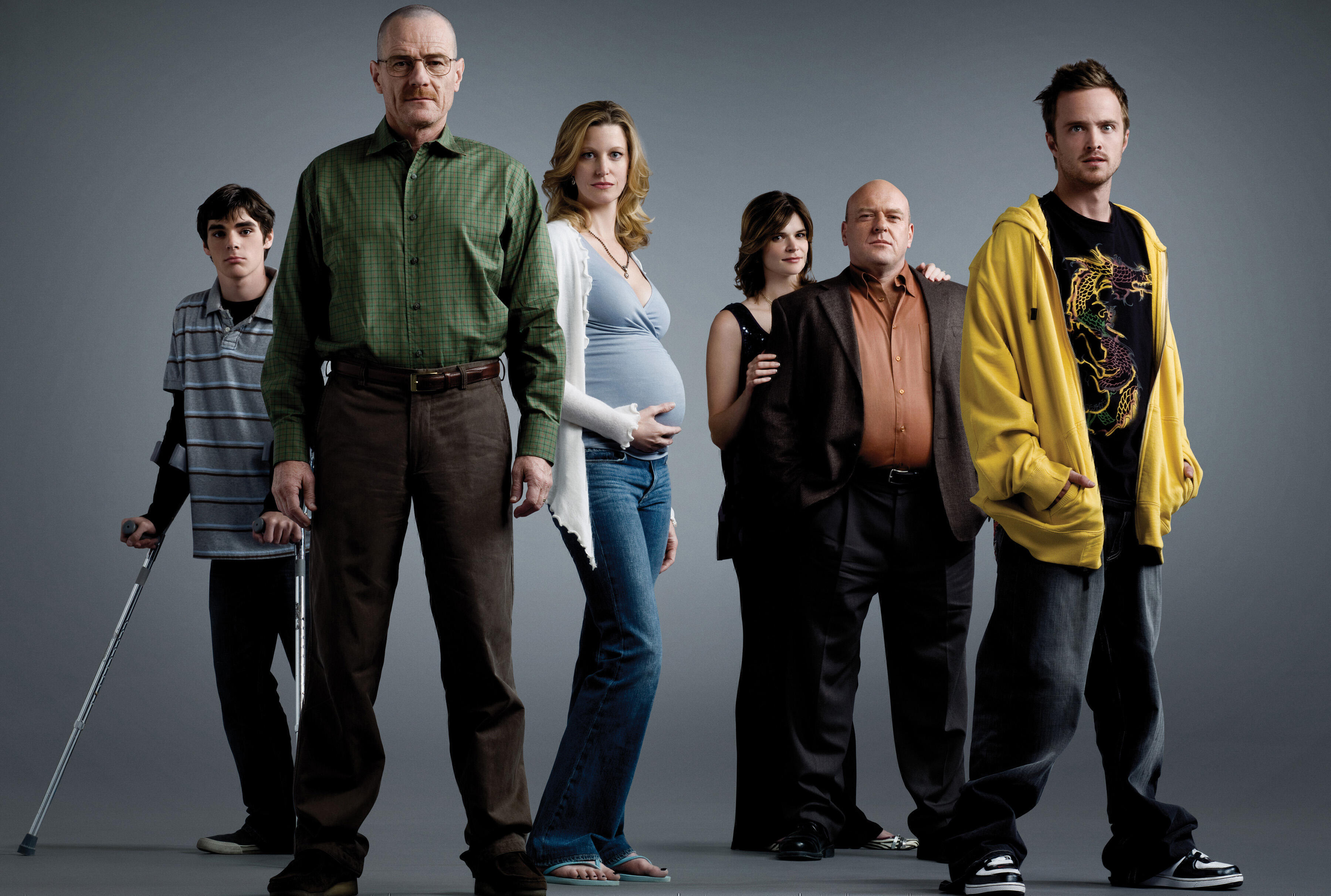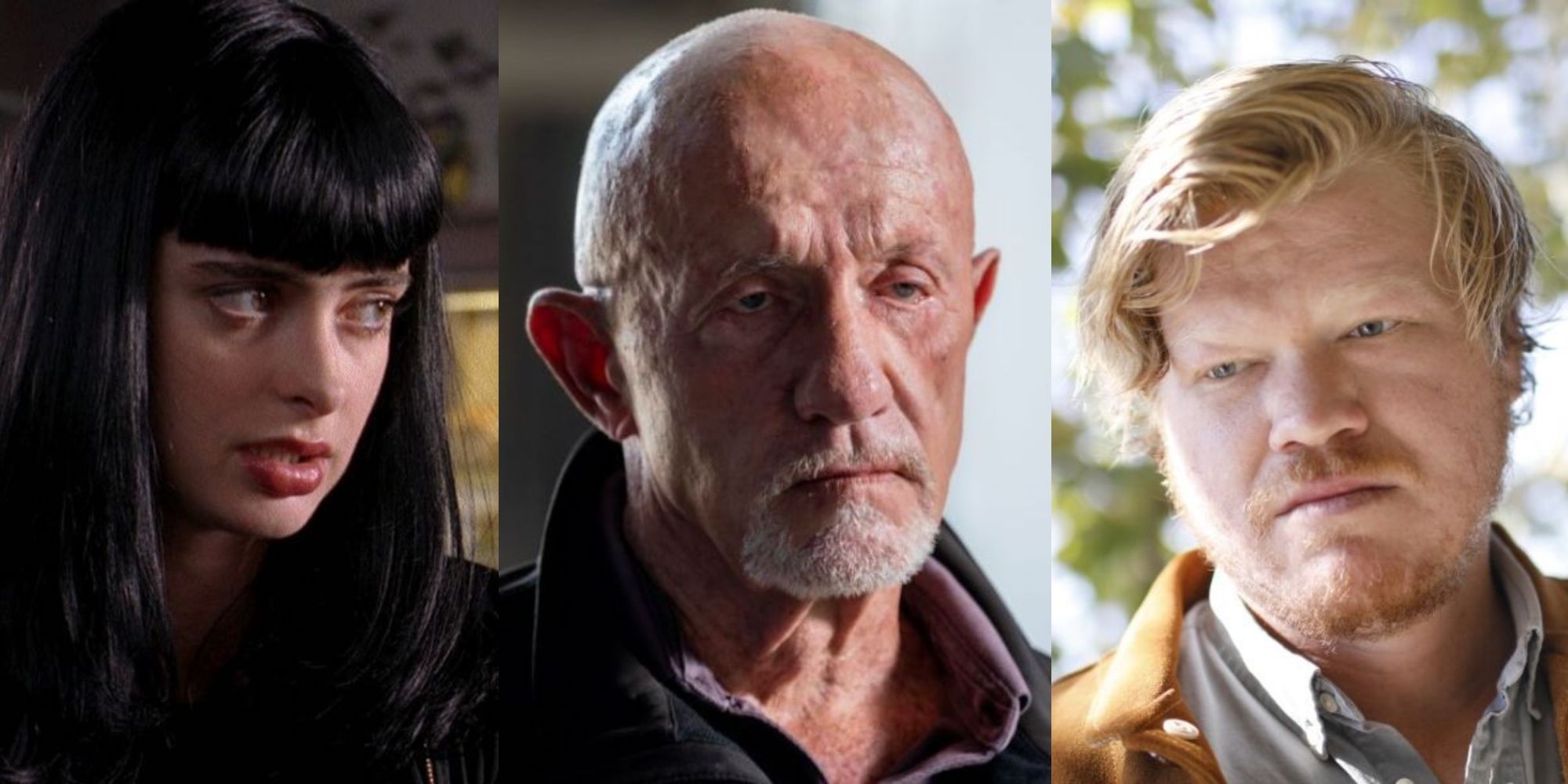Breaking Bad: What The Cast Did Next & Where They Are Now!
Has the legacy of "Breaking Bad" truly faded, or does its shadow still loom large over the landscape of modern television? Fifteen years after its premiere, the impact of AMC's gritty masterpiece continues to resonate, shaping careers and influencing the very fabric of storytelling on the small screen.
The year 2008 marked a turning point in television history. It was the year that "Breaking Bad" first graced our screens, a darkly comedic and morally complex drama that would redefine the boundaries of the medium. The show, a brainchild of Vince Gilligan, chronicled the transformation of Walter White, a meek high school chemistry teacher, into the ruthless drug kingpin known as Heisenberg. This metamorphosis, fueled by desperation and a thirst for control, captivated audiences and critics alike, earning the series a place among the pantheon of television greats. The narrative, peppered with moments of black humor, visceral violence, and profound emotional depth, provided a potent cocktail that kept viewers hooked from the first episode. The premiere of "Breaking Bad" was not just a launch, but a statement, a promise of the intricate storytelling and nuanced character development that would come to define the show.
| Actor | Character | Birthdate | Age (as of 2024) | Notable Roles Post-"Breaking Bad" | Reference Link |
|---|---|---|---|---|---|
| Bryan Cranston | Walter White | March 7, 1956 | 68 | "Asteroid City" (2023), "Your Honor" (TV Series), "Trumbo" (Film) | IMDB |
| Aaron Paul | Jesse Pinkman | August 27, 1979 | 44 | "El Camino: A Breaking Bad Movie" (2019), "Westworld" (TV Series), "Need for Speed" (Film) | IMDB |
| Anna Gunn | Skyler White | August 11, 1968 | 55 | "Sully" (Film), "The Practice" (TV Series), "Gracepoint" (TV Series) | IMDB |
| Dean Norris | Hank Schrader | April 8, 1963 | 61 | "Under the Dome" (TV Series), "Claws" (TV Series), "The Big Wedding" (Film) | IMDB |
| Betsy Brandt | Marie Schrader | March 6, 1973 | 51 | "Life in Pieces" (TV Series), "Masters of Sex" (TV Series) | IMDB |
| Bob Odenkirk | Saul Goodman | October 22, 1962 | 61 | "Better Call Saul" (TV Series), "Nobody" (Film), "The Post" (Film) | IMDB |
| Giancarlo Esposito | Gustavo Fring | April 26, 1958 | 66 | "Better Call Saul" (TV Series), "The Mandalorian" (TV Series), "The Boys" (TV Series) | IMDB |
| Jonathan Banks | Mike Ehrmantraut | January 31, 1947 | 77 | "Better Call Saul" (TV Series), "The Commute" (Film), "Mudbound" (Film) | IMDB |
The echoes of "Breaking Bad" continue to ripple through the industry. The critical acclaim it garnered, the numerous awards it received, and the fervent fanbase it cultivated set a new benchmark for television drama. The show's meticulous attention to detail, its unflinching exploration of moral ambiguity, and its commitment to character development elevated it to the status of a cultural phenomenon. Its no exaggeration to say that "Breaking Bad" changed the game. The narrative wasn't just about the mechanics of drug production and distribution; it was a character study, a deep dive into the human psyche, exploring themes of family, loyalty, and the corrupting influence of power. The series wasn't afraid to delve into the darkness, to show the ugly side of humanity, and in doing so, it captured the hearts and minds of viewers worldwide.
Bryan Cranston, the man who brought Walter White to life, has remained a prominent figure in Hollywood. His post-"Breaking Bad" career is a testament to his talent and versatility. He voiced the narrator of Wes Anderson's 2023 comedy, "Asteroid City," and also appeared in an episode of "It's Always Sunny in Philadelphia," proving his willingness to embrace diverse projects. At 69, Cranston continues to take on challenging roles, cementing his legacy as one of the finest actors of his generation. His performance as Walter White was, is, and will forever be, a benchmark for acting excellence. The journey he undertook with White was a transformation that continues to be studied, discussed, and admired.
Aaron Paul, another key ingredient in the "Breaking Bad" success story, found his breakout role as Jesse Pinkman, the troubled but ultimately loyal partner to Walter White. His career, too, has flourished since the end of the series. Paul reprised his role as Jesse in "El Camino: A Breaking Bad Movie," a feature-length epilogue that provided closure for the character. His appearances in series like "Westworld" demonstrate his continued relevance and his ability to select compelling roles. Paul's portrayal of Jesse Pinkman was one of the most beloved and memorable characters in television history. His chemistry with Cranston was electric, and their on-screen relationship was the emotional core of the show.
The enduring popularity of "Breaking Bad" can also be measured by the success of its spin-off, "Better Call Saul." This series, which focuses on the character of Saul Goodman (played brilliantly by Bob Odenkirk), provides a deeper dive into the world of the original show, exploring the origins of the morally flexible lawyer and the characters that surrounded him. The critical and commercial success of "Better Call Saul" is further evidence of the lasting appeal of the "Breaking Bad" universe. "Better Call Saul" acts as a prequel and companion piece to "Breaking Bad", allowing fans to experience the story again, this time from a different point of view. This show gives us a peek into the characters before Walter White, and how they all connect to each other.
The impact of "Breaking Bad" extends beyond just its main cast. The supporting characters, from Anna Gunn as Skyler White to Dean Norris as Hank Schrader, contributed significantly to the show's success. These actors, like Cranston and Paul, have continued to find success in their careers, benefiting from the exposure and recognition they received from the series. The quality of the acting was one of the pillars of the show's popularity. Every actor, no matter the size of their role, contributed to the authenticity and emotional resonance of the storytelling.
The show's influence also extended to the technical aspects of filmmaking. The cinematography, the editing, the music every element was carefully considered and executed to create a truly immersive experience for the viewer. The show's visual style, with its use of striking imagery and distinctive color palettes, set it apart from other dramas of its time. The desert landscapes of New Mexico, where much of the series was filmed, became almost a character in themselves. The meticulous attention to detail in the production design, the costumes, and the props all added to the realism and authenticity of the world "Breaking Bad" depicted.
Furthermore, the popularity of "Breaking Bad" can be seen in the continued interest in its merchandise and fan conventions. The show has a dedicated fanbase, with fans revisiting episodes again and again, analyzing every detail and debating the intricacies of the plot and the motivations of the characters. The enduring appeal of "Breaking Bad" is a testament to the power of storytelling and the impact a well-crafted television series can have on popular culture. It also demonstrates the importance of a dedicated community of fans who continue to discuss, celebrate, and analyze the show.
Fans of "Breaking Bad" often find themselves drawn to other crime dramas. Shows like "The Walking Dead," which shares similar themes of survival, moral ambiguity, and the breakdown of society, have garnered a large following among "Breaking Bad" viewers. The appeal of these types of shows is the opportunity to examine the darker side of human nature and to explore the consequences of our actions. There is a voyeuristic appeal to this genre, allowing viewers to contemplate their own morality and decision-making processes.
For those who are interested in learning more about the show, there are numerous resources available. Various websites offer comprehensive information about the cast, crew, and episodes, including plot summaries, behind-the-scenes stories, and interviews with the cast and creators. There are also fan forums and online communities where fans can discuss their favorite episodes and characters, share their theories, and connect with others who share their enthusiasm for the series. Exploring these resources will allow viewers to gain a deeper understanding of "Breaking Bad" and its enduring legacy.
The "Breaking Bad" phenomenon underscores the evolving nature of television. In a world saturated with content, the show stood out for its originality, its depth, and its commitment to quality. Its success paved the way for other ambitious, character-driven dramas that challenged conventional norms. The legacy of "Breaking Bad" is not just about the series itself; it is about the impact it has had on the television landscape, on the careers of the people who worked on it, and on the way we, as viewers, consume and understand stories.
The episode "Peekaboo" (2009), is a particularly memorable and chilling episode of "Breaking Bad." The narrative, which has both emotional and thematic depth, is a powerful examination of how trauma and substance abuse can damage families and society. The episode serves as a good example of how the show used a simple story structure to tell a bigger story. This episode is representative of the overall standard of quality that the show aspired to achieve in every single episode.
The continued relevance of "Breaking Bad" is a testament to the power of well-crafted storytelling, a testament to the strength of the performances, and the innovative way the series tackled some of the most profound themes of the human condition. It's a show that continues to resonate with audiences across generations, and its influence on television is undeniable. The enduring legacy of "Breaking Bad" ensures it will continue to be discussed, analyzed, and enjoyed for many years to come.


